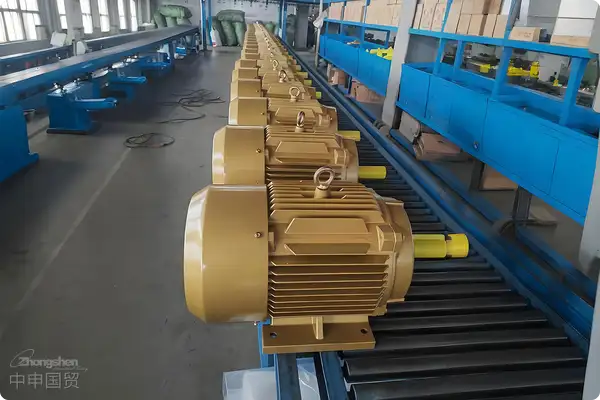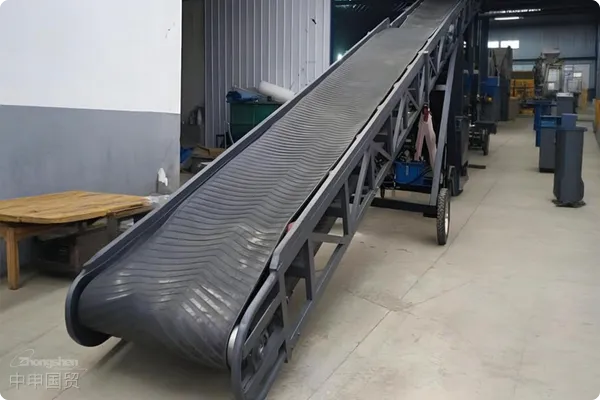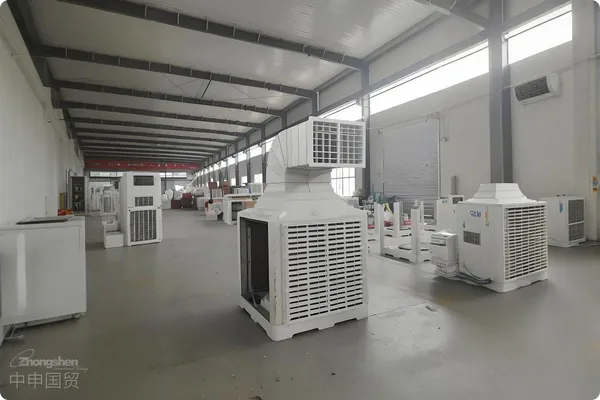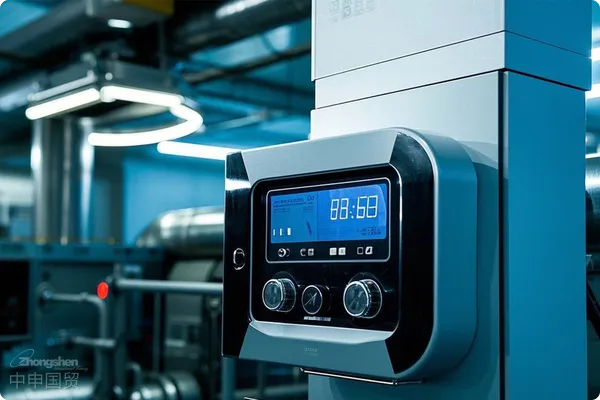- Shanghai Zhongshen International Trade Co., Ltd. - Two decades of trade agency expertise.
- Service Hotline: 139 1787 2118
How many people are involved when companies start engaging in international trade?Global SourcingMany feel deeply confused, especially regarding precision instruments like sensors required for high-end manufacturing. From selecting reliable suppliers to handling cumbersome import procedures, the complexity of import operations often seems daunting. So, what process can ensure the smooth import of sensors? We will use a case study of assisting a client in importing sensors from Germany through an agency to clarify the requirements and considerations at each stage. Below is a detailed analysis.
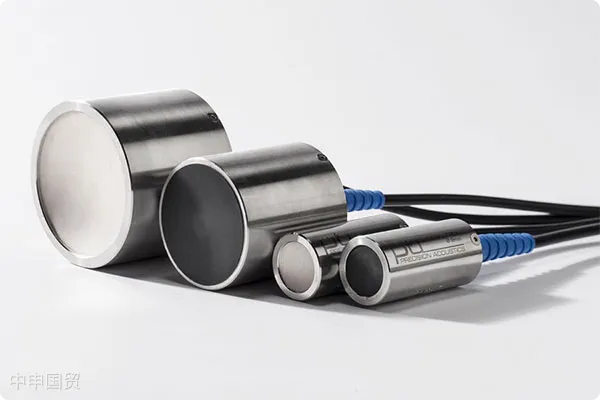
I.Import Representationand order process
When deciding to import sensors from Germany, the first step is to sign a clear contract with your supplier and ensure all terms (especially when the delivery terms are EXW) are unambiguous. At this stage, selecting an experienced import agent is particularly important, as they can not only provide professional advice but also help you handle complex customs clearance and logistics issues.
Signing the import agency agreement:Ensure that the agreement with the import agent clearly outlines the rights and obligations of both parties, including agency fees, scope of services, etc. After signing the agreement with the import agency company, the agency will be responsible for all subsequent import operations.
Order and payment:The agent places an order with the German supplier and arranges payment according to the agreement terms. Typically, the supplier will begin processing the shipment after receiving the payment. This stage requires special attention to payment security and the accuracy of the payment amount.
Preparing import documents:Prepare all required import documents in advance, including commercial invoices, packing lists, sales contracts, etc., ensuring their accuracy and completeness. The agency company, being familiar with customs policies and procedures, can ensure the goods clear customs quickly.
Customs requirements and procedures
The customs clearance for importing sensors involves various documents and regulatory requirements. To ensure smooth customs clearance, it is essential to understand and prepare the following points in detail:
Customs clearance documents:These include, but are not limited to, the import agency agreement,foreign tradecontract, commercial invoice, customs and inspection authorization letter, and product-related information. Ensuring all documents are complete and accurate is key to successful customs clearance.
Product classification and HS code:The correct commodity code is crucial for determining tariffs and tax rates. Sensors may involve different HS codes, depending on their type and purpose.
Inspection and permits:Depending on the type of sensor, it may be necessary to obtain the appropriate import license,3Ccertification, or commodity inspection in advance. Preparing these documents beforehand will significantly speed up the customs clearance process.
Tax payment:Pay the corresponding tariffs and VAT to customs based on the goods classification, valuation, and applicable trade terms.
Logistics arrangements:Once the goods arrive, ensure clear communication with your import agent or logistics company to arrange timely pickup and delivery.
Cost calculation
Cost control for importing sensors is also a major concern for businesses. Below are the potential costs when using FOB pricing during the import process:
Goods value:The purchase price stated in the import contract, which constitutes the main component of import costs.
Transportation and Insurance Costs:Covering freight charges from Germany to the destination country and cargo insurance premiums.
Import Duties and Taxes:Depending on the classification of imported goods, corresponding customs duties and VAT need to be paid.
Domestic Charges:Including unloading fees, port surcharges, wharf construction fees, domestic transportation costs, and warehousing fees.
Customs Clearance, Inspection, and Cargo Pickup Fees:Relevant expenses involving customs declaration, commodity inspection, and cargo retrieval.
Banking Charges:If usingL/CL/C payment, additional charges such as letter of credit issuance fees and various handling fees apply.
Other Related Costs:May also include various other import-related expenses.
In summary, although importing sensors from Germany involves complex procedures, thorough preparation in advance and mastering correct processes and requirements can effectively avoid unnecessary troubles and delays, ensuring smooth import operations.
Related Recommendations
Category case
Contact Us
Email: service@sh-zhongshen.com
Related Recommendations
Contact via WeChat

© 2025. All Rights Reserved.Shanghai ICP No. 2023007705-2 PSB Record: Shanghai No.31011502009912
PSB Record: Shanghai No.31011502009912

